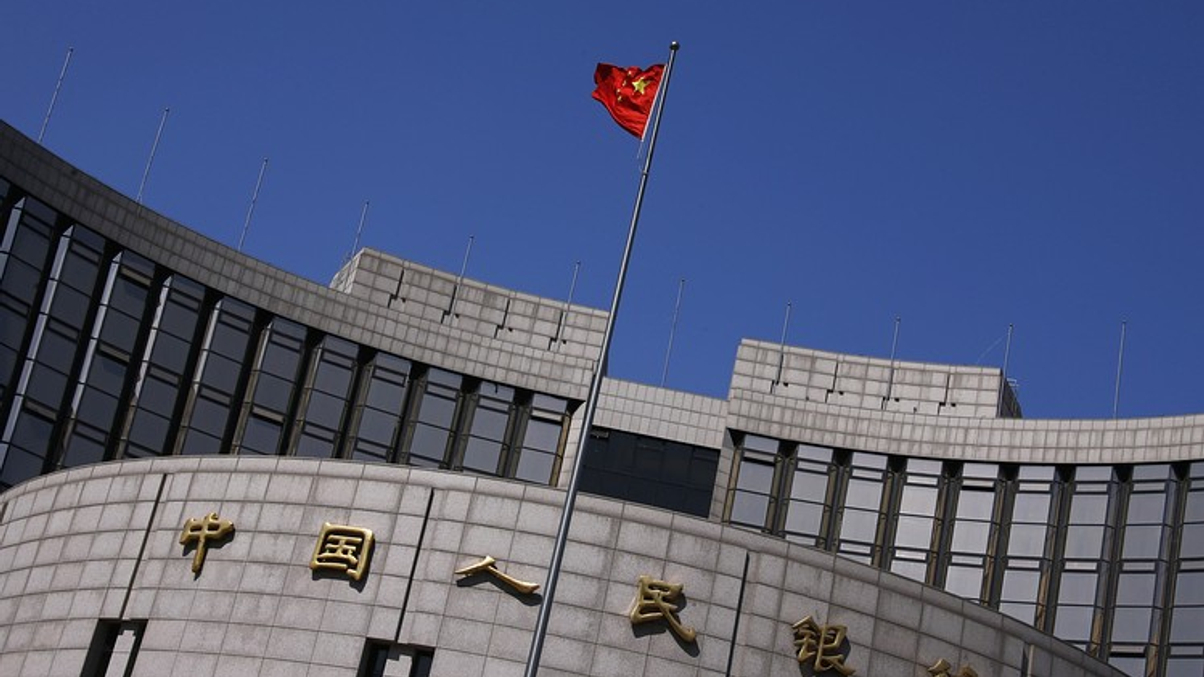Beijing and MSCI deadlocked on A-shares
China has done all it is prepared to do in the short term to get mainland stocks included in MSCI's emerging-market indices, say industry observers.

Momentum has been fast gaining pace towards China A-shares being included in MSCI’s global emerging-market indices in recent months, or so it seemed. But the index provider decided yesterday not to include mainland stocks, despite most of the key hurdles being removed – and it may be quite some time before it gives the green light.
Sign in to read on!
Registered users get 2 free articles in 30 days.
Subscribers have full unlimited access to AsianInvestor
Not signed up? New users get 2 free articles per month, plus a 7-day unlimited free trial.
¬ Haymarket Media Limited. All rights reserved.


